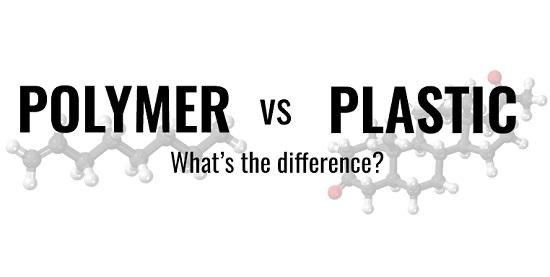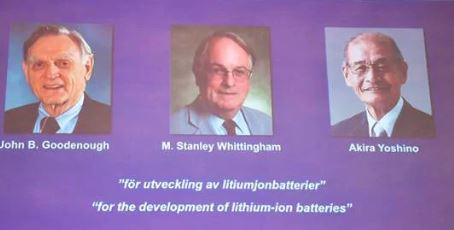Updated By: LatestGKGS Desk
Polymer vs Plastic Differences, Similarities, Benefits

Polymer vs Plastic Details, Features
Polymer:-The process in which large numbers of simple molecules form a large molecule of a high molecule by coinciding with each other, called polymerisation, and the resulting high molecule compounds in the form of this process are called polymer it is said.
The polymer formed by the combination of simple molecules is called monomers.
Polymers composed of similar types of molecules are called homopolymers and polymers made of different types of molecules are called copolymer.
There are too many polymers present in the natural environment and they play a very important role. Synthetic polymers are widely used for various purposes. Polyethene, polypropylene, PVC, nylon, and Bakelite are some synthetic polymers.
Plastic:-Plastic is a group of substances which can be easily folded and they can be moulded in any shape. Examples of polyamide and polyester plastic are: Plastic is also a polymer, which has a large molecular mass. Plastic monomers can be natural or artificial.
Plastic is synthesized with petrochemicals. Polyvinyl chloride (PVC) and polystyrene thermoplastic that is easily melted when heated. There are many such plastics that once softened, they become soft but do not soften again. These are called thermosetting plastic. Such as Backlight and Melamine.
Cross-linking between polynomials is possible in the synthesis process. The production of polyethylene such as monomer is done by an additional reaction of ethylene.


